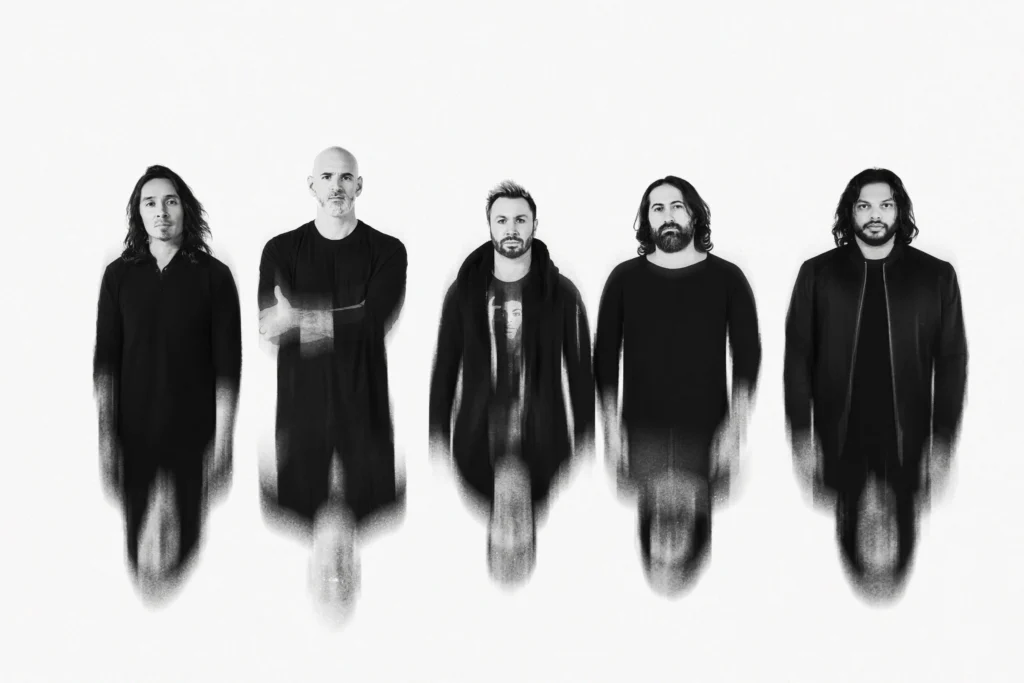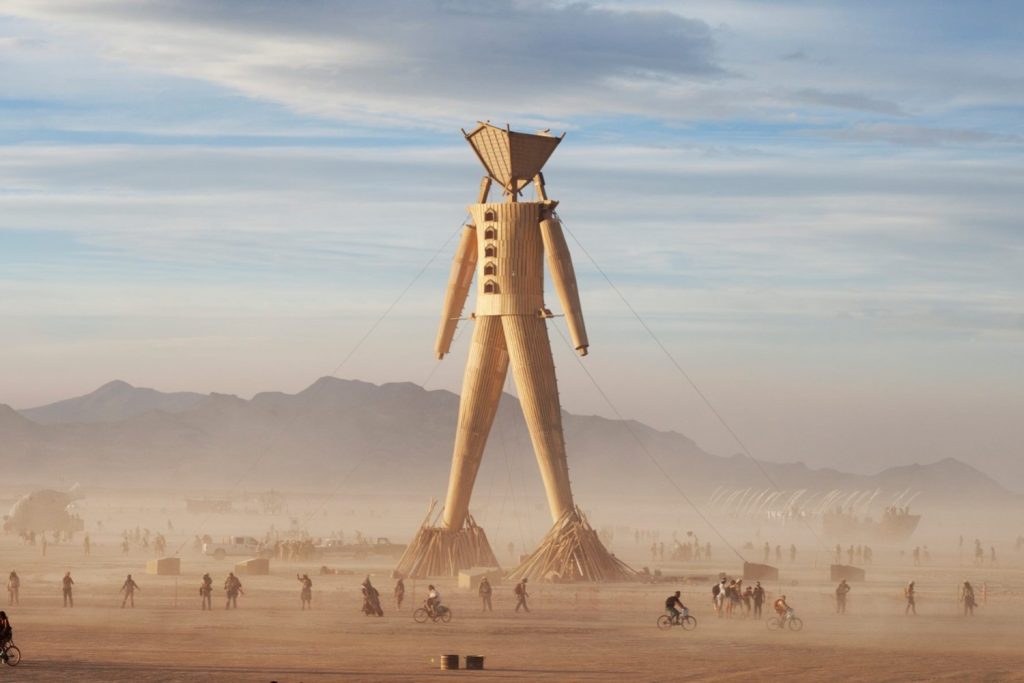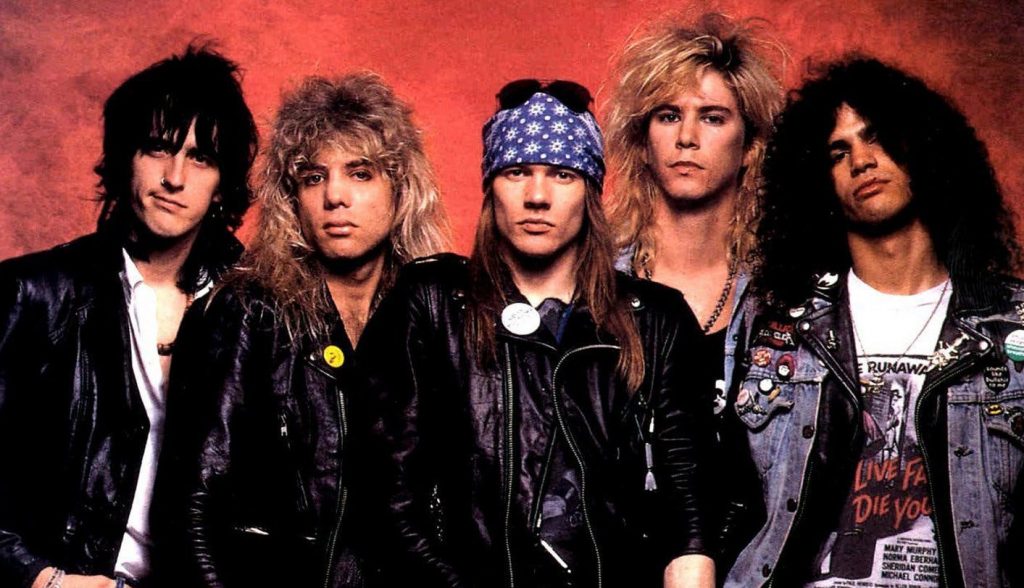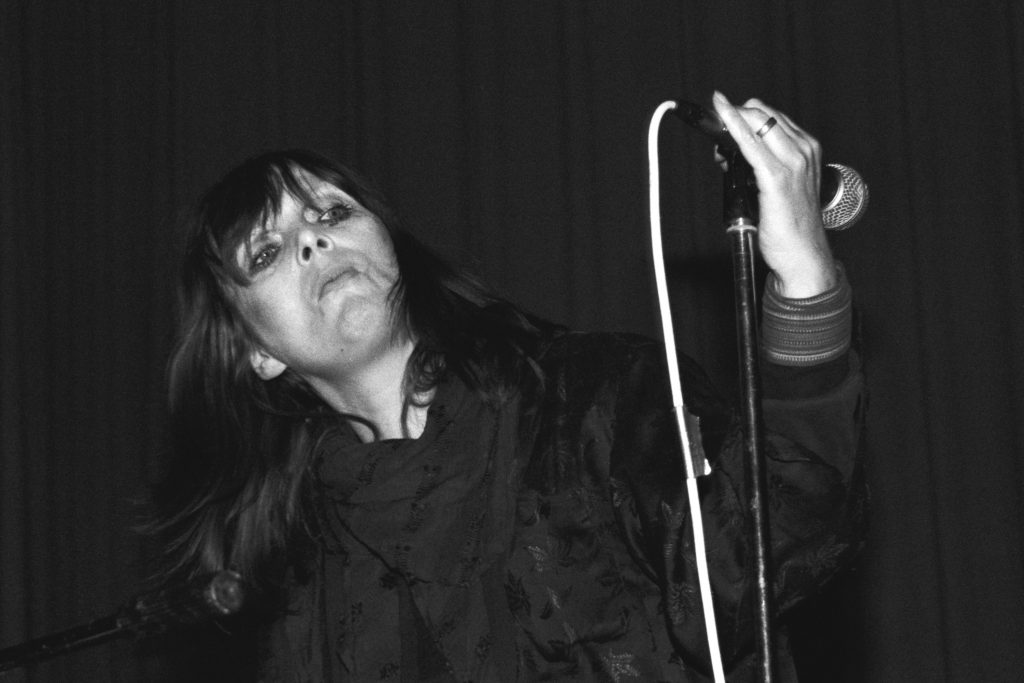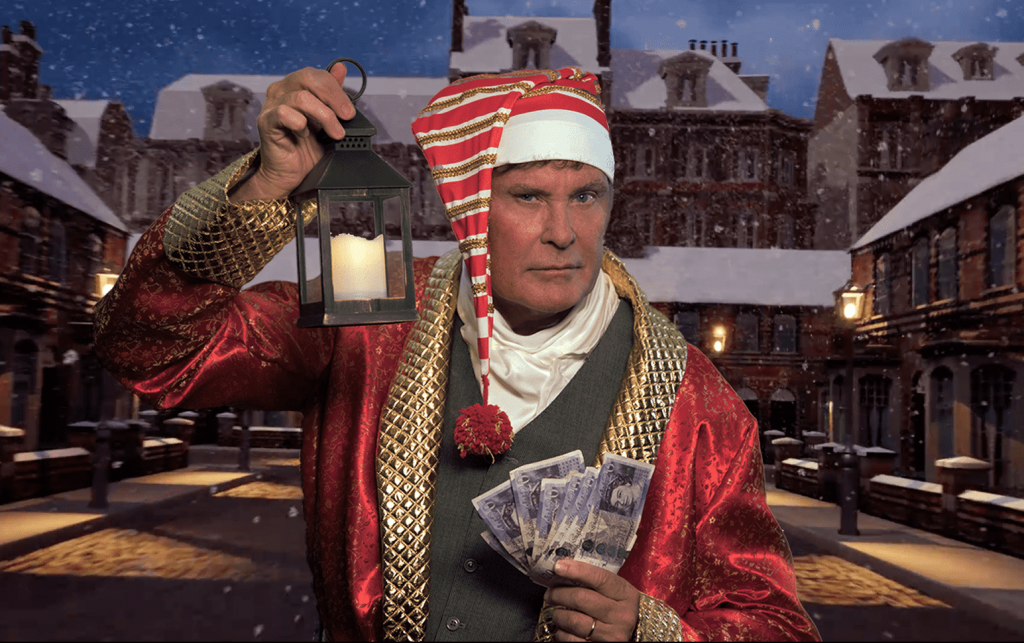“Of course my personality changes when I go by that, but that’s just a way of protecting myself,” she says. “It is just a name really, but I do find it easier going under a different name and it makes me feel like I do have someone with me, helping me through the songs, battling with the person that tells me I can’t do it.”
Aldous Harding’s self-titled debut LP (released in June this year) is a striking collection of confidently delivered songs. When contemplating the record, the term ‘anachronistic’ immediately springs to mind, as many of the songs exist in a pre-modern, or even mythical, context. Her songs might correspond with gothic fairytales and English folk music tradition, but it’s not an impenetrable release. Rather, Harding’s tales of heartache and loss – often laced with tragedy – are widely accessible. “The songs are all based around the same sort of idea,” she says. “They follow the kind of slow mistrust of the world and your mind.”
Despite the record’s decidedly downcast tone, Harding says it’s not an exercise in nihilistic doom. “I wasn’t trying to be like, ‘Look how upset I am.’ A lot of them are actually very hopeful songs. I think the only song that doesn’t have any hope at all is No Peace At All. That is basically just suffering and then death and murder. Not in that order [laughs]. But, like, Small Bones of Courage is basically telling people to straighten up and stop crying. Then of course there’s Stop Your Tears.”
Production-wise, Aldous Harding is a fairly sparse affair. Harding’s lyrical gravitas and otherworldly vocals find apt companionship in her steel string guitar playing. She plays with emotive, almost volatile rhythm, which injects unique character into some familiar medieval chord progressions. “I don’t know if any of my guitar work’s ever been masterful,” she says, “but I certainly have developed my own style through my naiveté on the instrument. A lot of my songs people are like, ‘Oh God, what made you do that?’ And I’m like, ‘I don’t know! It’s all I’ve got!’
“I’m not a very accomplished guitar player,” she adds. “I don’t really know what I’m doing. I’d like to get better at the guitar and I think with that, it’ll open up options for my songwriting. I’m learning how to play Quicksand by David Bowie on the guitar. He’s got a lot of really beautiful chords in there and it’s a great song. I want to write a song like Quicksand, by golly!”
Aldous Harding was released in New Zealand in April by burgeoning local label Lyttelton Records. Not long after this, the strength of the release led to an Australian release, via Spunk Records. The release was followed by Harding’s first Australian tour in July, where she supported label mate and fellow New Zealander Tiny Ruins.
She’s back our way this week and performs at the Melbourne Folk Club tonight. Aldous Harding is rooted a harrowing psychic energy, so returning to this place on stage could be a tough task. “I try to remember why I wrote it and how I was feeling,” Harding explains. “Because otherwise the intensity is lost. When you play so often you have to find ways to keep yourself interested. It’s not that I’m disinterested in my music. [But] when I’d been playing a lot I just didn’t feel like I had any power left, in terms of giving people the feelings that you need get to songs.
“For a long time, I was drinking quite heavily the night before I had a show, because it would make me really fragile and anxious the next day. That would be really helpful if I had a concert, because I was feeling so tired and weak really.”
As far as attending other performers’ gigs goes, Harding knows what she enjoys. “I either like to dance. I mean, I’m not a great mover. I’m OK. I look a little bit upset when I dance. It’s just like a tantrum really. I like to dance or I like to be wrapped up in the words and the composition.”
Harding’s frequent recourse to sarcasm and self-deprecation is a distinct contrast to the poised fortitude and shrewd perception displayed on Aldous Harding. However, briefly casting self-deprecation aside, Harding can speak positively about the record. “I really do think that it’s a good piece of work. I’m not as hard on myself as I used to be, because it has done quite well. I’m really grateful that people have given it attention and been really kind about it. I haven’t had any real negative feedback yet and I’m waiting for that. That’ll be exciting.”
BY AUGUSTUS WELBY


